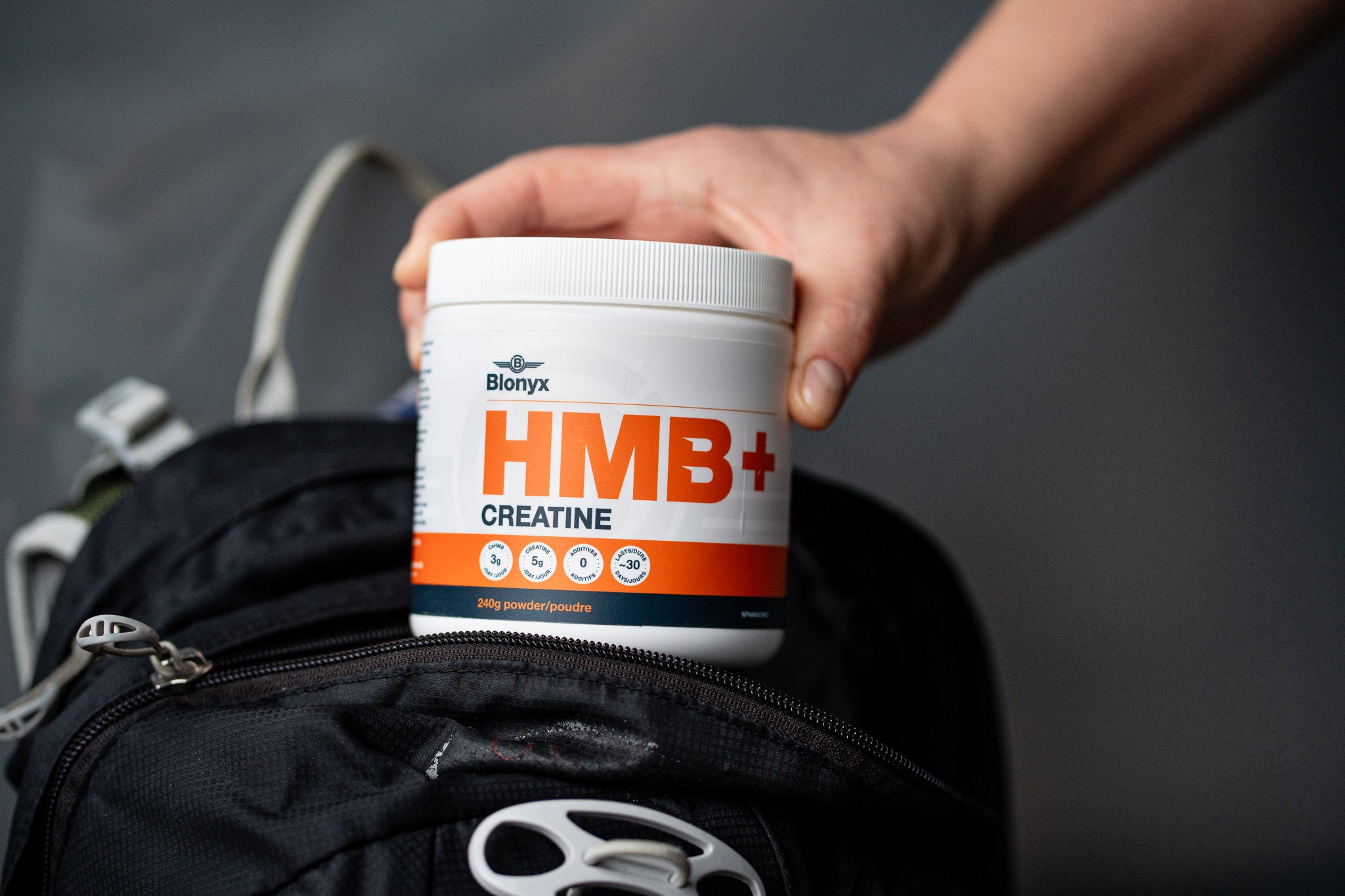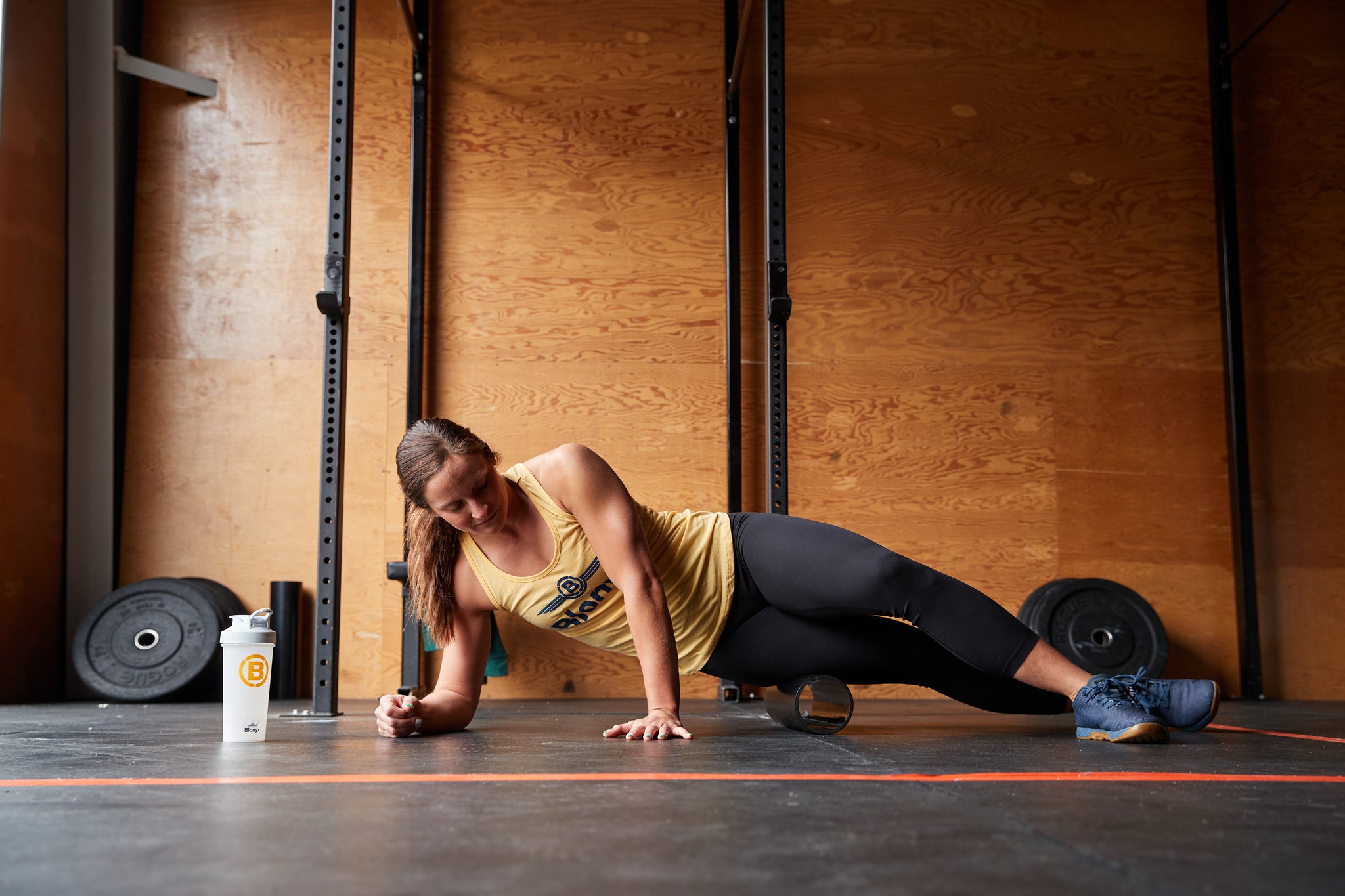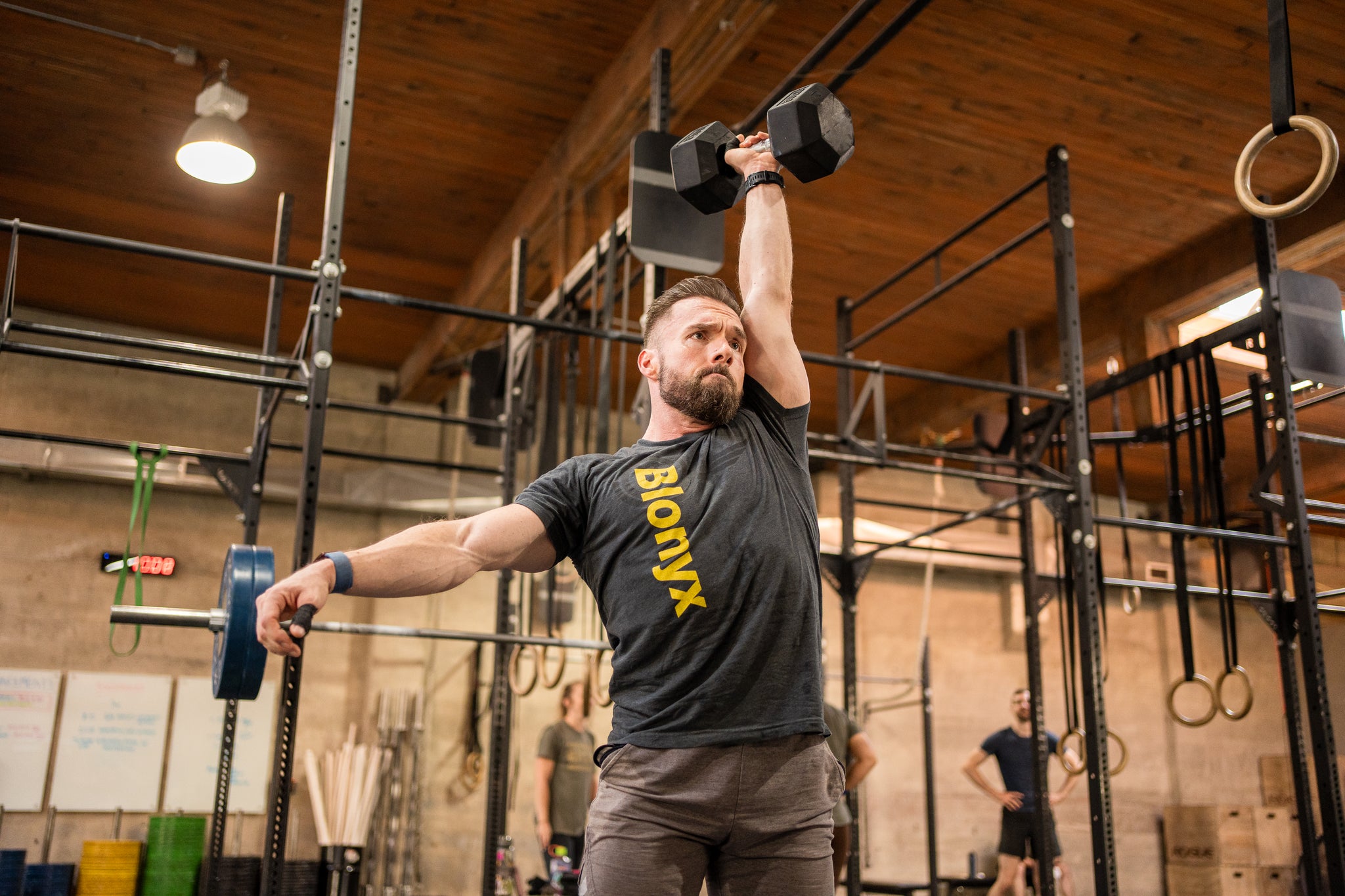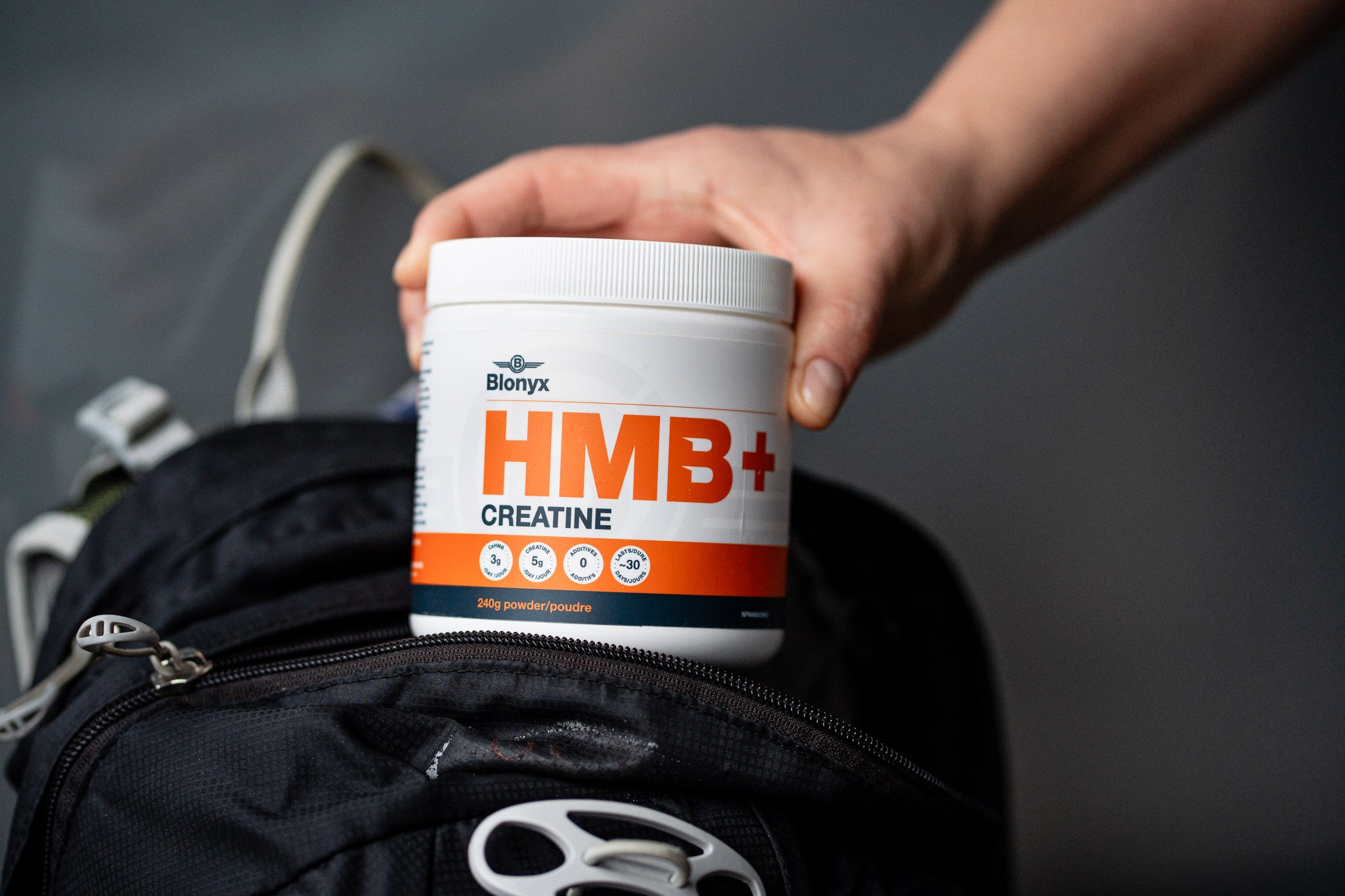Welcome to our weekly summary of the latest research from the world of sports nutrition.
Train hard!
Creatine Enhances Measures of Memory Performance in Healthy Individuals
 This study is a systematic review and meta-analysis of randomized controlled trials investigating the effects of creatine supplementation on memory performance in healthy people. The review included ten trials and found that creatine supplementation improved memory compared to a placebo, with a more significant effect in older adults (aged 66-76) than in younger individuals (aged 11-31). The dosage of creatine, duration of the intervention, sex, or geographical location of the participants did not significantly impact the results. This suggests that creatine supplementation could be a beneficial strategy for enhancing memory performance, particularly in older adults.
This study is a systematic review and meta-analysis of randomized controlled trials investigating the effects of creatine supplementation on memory performance in healthy people. The review included ten trials and found that creatine supplementation improved memory compared to a placebo, with a more significant effect in older adults (aged 66-76) than in younger individuals (aged 11-31). The dosage of creatine, duration of the intervention, sex, or geographical location of the participants did not significantly impact the results. This suggests that creatine supplementation could be a beneficial strategy for enhancing memory performance, particularly in older adults.
Our thoughts: There’s lots of research showing that creatine has positive cognitive effects. With a combination supplement like HMB+ Creatine, you’ll get the strength and power benefits of creatine, and the recovery benefits of HMB, too. Despite the cognitive effects, it’s a no-brainer!
Foam Rolling Reduces Pain and Improves Agility and Muscle Strength During Recovery
 This study examined how different recovery methods affect pain and physical ability after a resistance exercise session. Thirty-seven healthy men participated in three exercise sessions, followed by either passive recovery (sitting), active recovery (cycling at a moderate pace), or foam rolling self-massage. The results showed that foam rolling and active recovery both improved muscle strength and agility compared to passive recovery. However, only foam rolling significantly reduced pain at 24, 48, and 72 hours after exercise. This suggests that using a foam roller can help reduce post-exercise pain and enhance physical performance during recovery.
This study examined how different recovery methods affect pain and physical ability after a resistance exercise session. Thirty-seven healthy men participated in three exercise sessions, followed by either passive recovery (sitting), active recovery (cycling at a moderate pace), or foam rolling self-massage. The results showed that foam rolling and active recovery both improved muscle strength and agility compared to passive recovery. However, only foam rolling significantly reduced pain at 24, 48, and 72 hours after exercise. This suggests that using a foam roller can help reduce post-exercise pain and enhance physical performance during recovery.
Our thoughts: Self-massage seems to fall in and out of favour with athletes and practitioners depending on how the likes of Joe Rogan or Huberman feel about it that week. Perhaps this will let the matter rest in your mind.
The Effects of Listening to Music During Rest Intervals on Power Output
 This study investigated the effects of listening to preferred music during active or passive rest intervals on power output and heart rate during resistance exercises, specifically barbell squats and bench presses. Fifteen moderately trained individuals participated in four experimental sessions with different combinations of rest intervals and music presence. The results showed that music had no significant impact on relative power output and heart rate during the exercises. However, there was a noticeable increase in bench press power output in the second and third sets compared to the first, and a higher heart rate during active rest compared to passive rest. Overall, the study suggests that while music may not directly influence power output or heart rate, other factors such as the type of exercise and rest interval can affect performance.
This study investigated the effects of listening to preferred music during active or passive rest intervals on power output and heart rate during resistance exercises, specifically barbell squats and bench presses. Fifteen moderately trained individuals participated in four experimental sessions with different combinations of rest intervals and music presence. The results showed that music had no significant impact on relative power output and heart rate during the exercises. However, there was a noticeable increase in bench press power output in the second and third sets compared to the first, and a higher heart rate during active rest compared to passive rest. Overall, the study suggests that while music may not directly influence power output or heart rate, other factors such as the type of exercise and rest interval can affect performance.
Our thoughts: While music might help you focus and get in the zone to train, the short answer is no, it won’t actually help you lift more. But keep the tunes going anyway!

